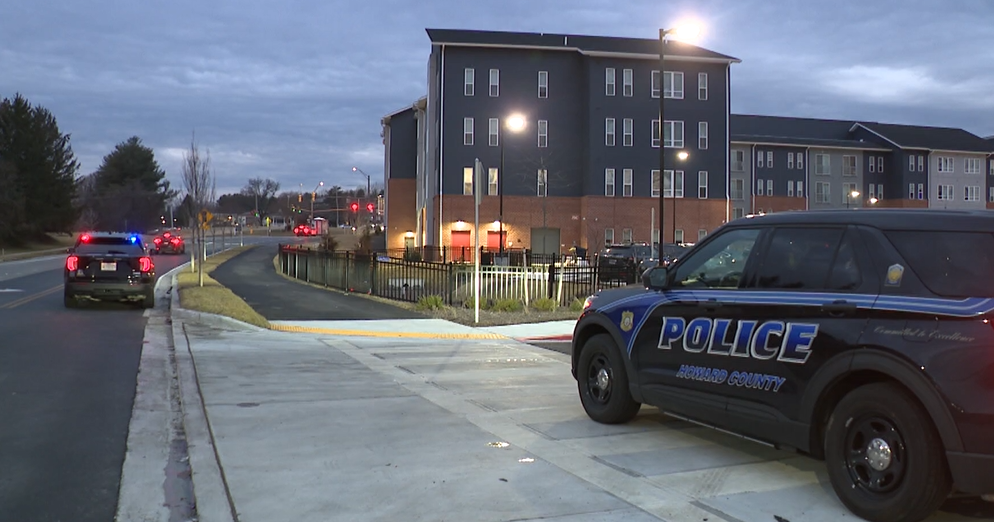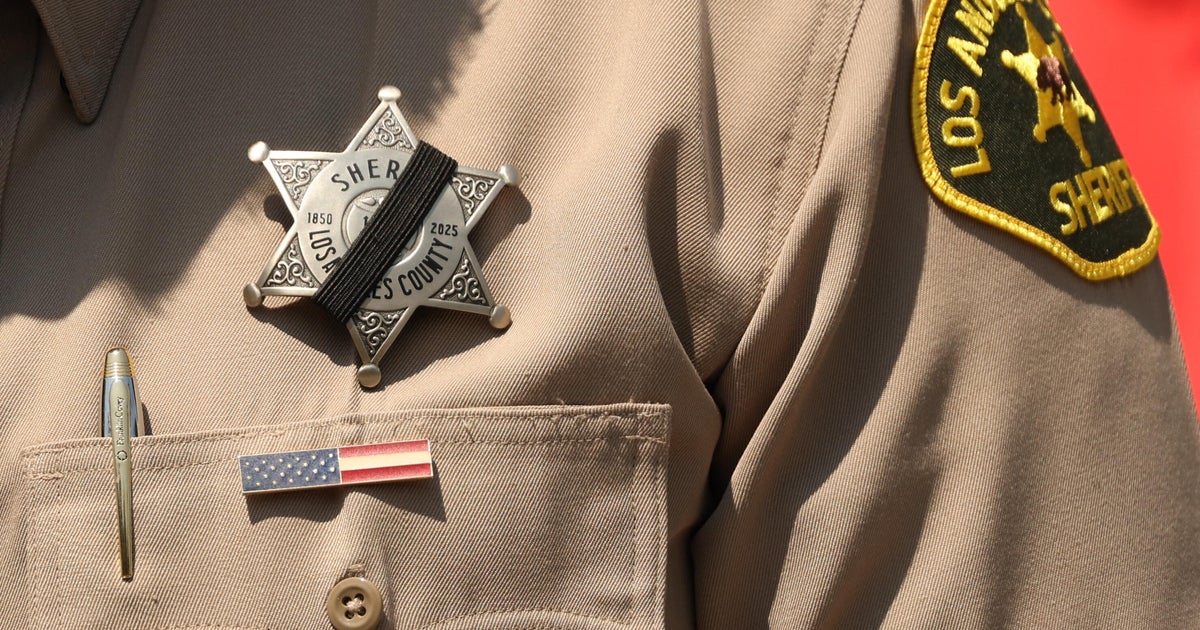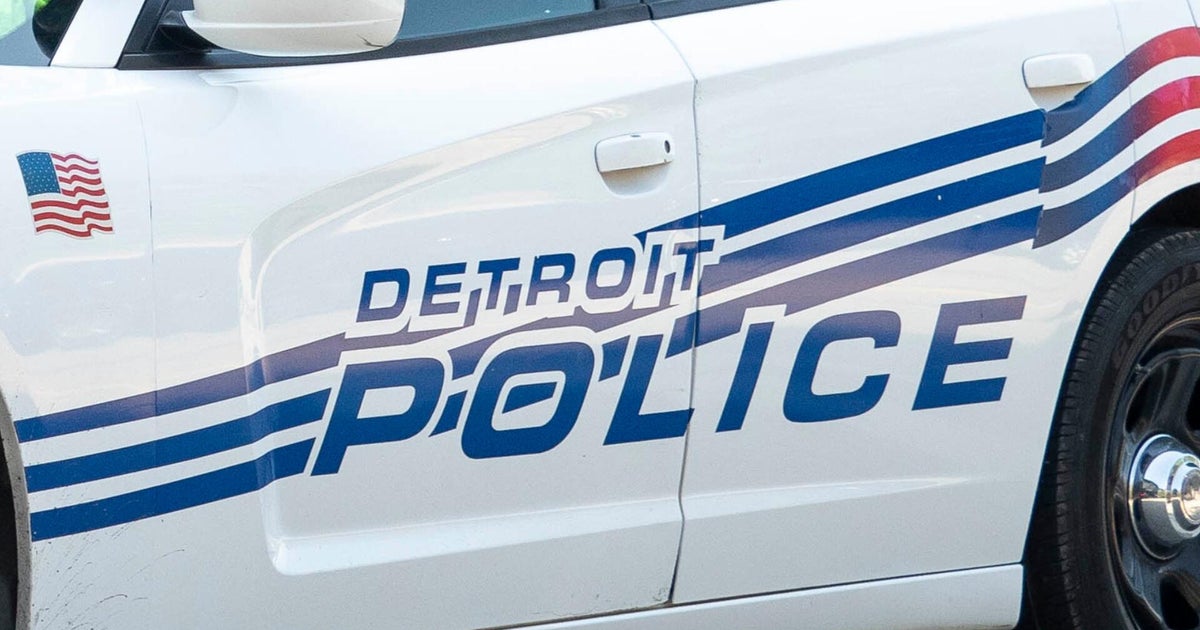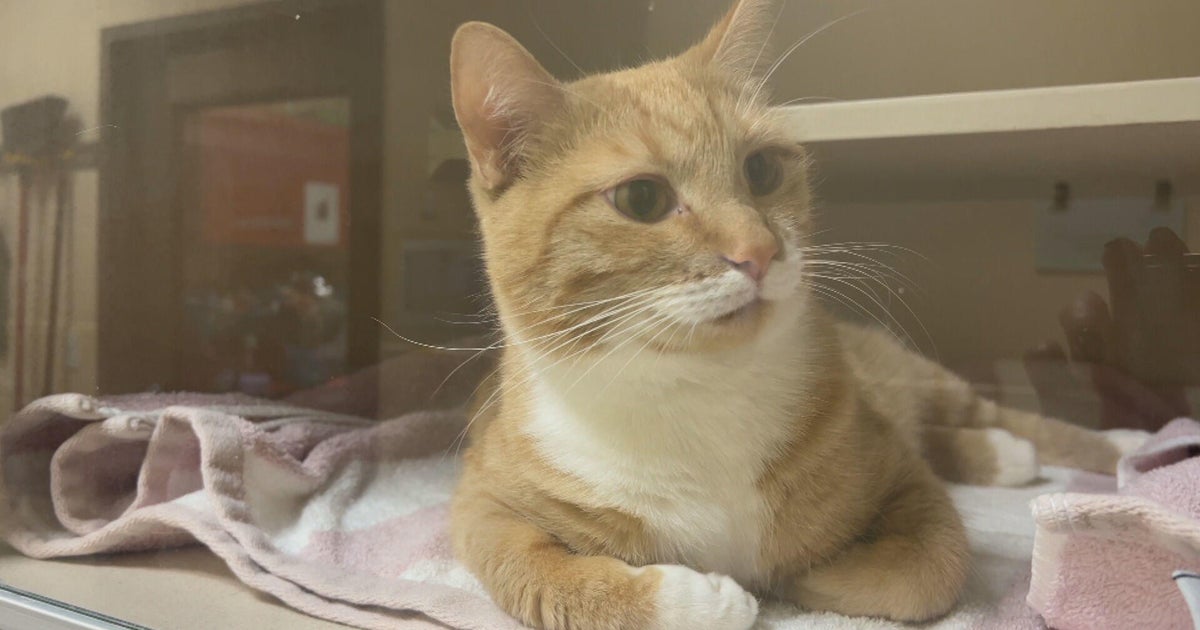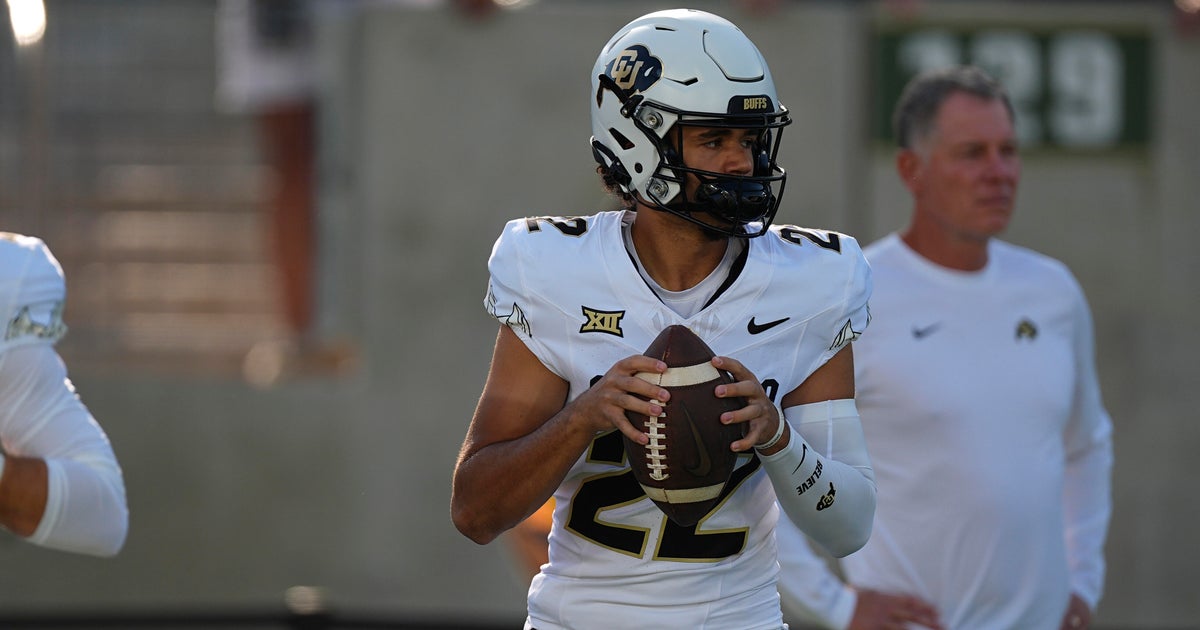Coral Springs Takes Down Roadside Memorial Markers
CORAL SPRINGS (CBSMiami) – Roadside memorial markers help families cope with the agonizing pain of losing a loved one in a car accident and serve as a daily reminder of the importance of road safety.
After several complaints in regards to the duration of roadside memorials, Coral Springs residents may soon see less and less of these signs.
Since 2000, the city has allowed families to erect their own memorials for 12 months. Then, the memorial is replaced with a nonreligious "lollipop" sign honoring the dead. After 12 months, all the memorials are supposed to be removed.
In an attempt to avoid the delicate and emotional issue of taking down a marker in memory of somebody who was killed, the city hasn't adhered by those rules.
"We don't follow the exact dates," City Manager Erdal Donmez said to the South Florida Sun-Sentinel.
The city's ordinance went into effect after Broward County workers removed a cross that was placed on the east side of Coral Springs Drive in memory of Shaun D'Angelo, 19, who died in a 1998 crash. His parents, Warren and Maureen D'Angelo, retrieved the memorial from county authorities and put it back.
City officials said once they begin enforcing the law, there are about a dozen memorials that will now have to be removed.
"That's the fairest thing to do," said Mayor Roy Gold. "It's a very sensitive issue. But on the other hand, I don't want dozens ... around town marking ... deaths."
The memorial that prompted the change has been up at Brokenwoods Drive since 2009. Three Coral Springs teenagers — all 16-year-old students at Marjory Stoneman Douglas High in Parkland — died when they were out celebrating their high school homecoming. Their Volkswagen backed into a canal after a fender bender.
Driver Sean Maxey and passengers Robert Nugent and Anthony Almonte were killed. Evan Sinisgalli, 15, escaped the sinking car.
But one family who lives at nearby Brokenwoods Estates asked the city to start following its own rules.
Bill Stone, whose son was killed in a car accident at age 18 in 1999, said the memorial is not in an appropriate place. He emailed Gold in January and asked when the marker was coming down.
"The families have every right to erect memorials on their own properties or at cemeteries or wherever, but we should not be forced to be the permanent memorial site for their grieving," Stone wrote. "The erection of memorials near our home only serves to regularly reinforce our personal pain each time we turn into the neighborhood."
The Sun-Sentinel reported Stone said he doesn't want to be at the center of this issue, and feels compassion for the families, but at the same time wants the memorial moved elsewhere.
"Kids were killed, it was very tragic," he said. "For the first year, we as a neighborhood put up with an awful lot of activity — daily, weekly, services blocked off the street on the one-month anniversary, and 90 days and one year. Look, we understand grieving but at some point this becomes a cemetery and we don't feel it's appropriate for the neighborhood."
The Florida Department of Transportation's Highway Safety Memorial Marker Program website states that the FDOT only has the authority to place memorial signs on state roads where they are allowed to remain for one year.
City and county roads have their own set of rules. Barbara Keller, a spokeswoman for the Florida Department of Transportation, told the paper that "they can "stay up as long as the family wants them there."
FDOT, however, does not have the authority to place memorial signs on city or county roads, and cannot place them where prohibited by the local governmental entity.
Some cities — such as Boca Raton and Weston — don't allow memorial markers at all on city roads. Tamarac doesn't have a written policy for the markers which they consider "temporary signs," but said they handle incidents on a case-by-case. Parkland also says they deal with this case-by-case. Cities such as Coconut Creek, North Lauderdale, Pembroke Park, Pompano Beach and Wilton Manors defer to the state law of lollipop signs.
Sunrise allows a 15-inch sign with the words "Drive Safely" in addition to the identification of the person. The signs may be removed after one year unless the family requests a one-year extension.
Fort Lauderdale doesn't have a written policy for memorial signs, but they are not removed "unless they begin to look disheveled or unkempt," officials said.
It's a miserable situation to be in, Coral Springs officials agreed.
"People grieve in different ways," said Commissioner Larry Vignola. "It's a bad situation for everybody, for the family member who lost their kids who have to get this phone call saying this is something the city would like to remove because another resident is driving by and it reminds him he lost his child. It's just bad all the way around."
Source: The South Florida Sun-Sentinel.
